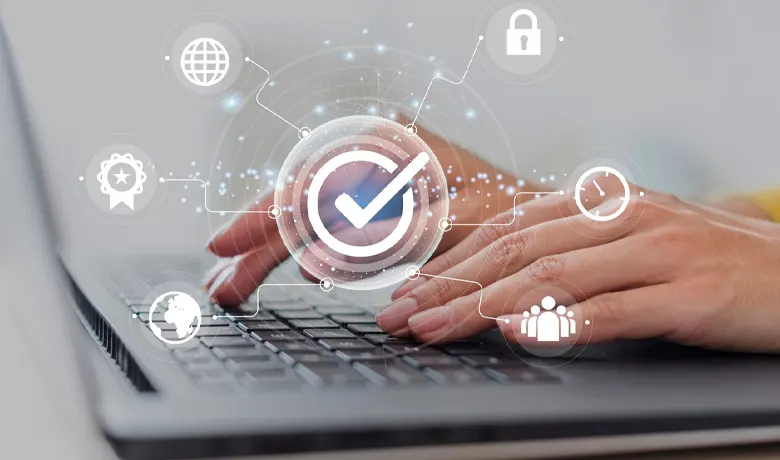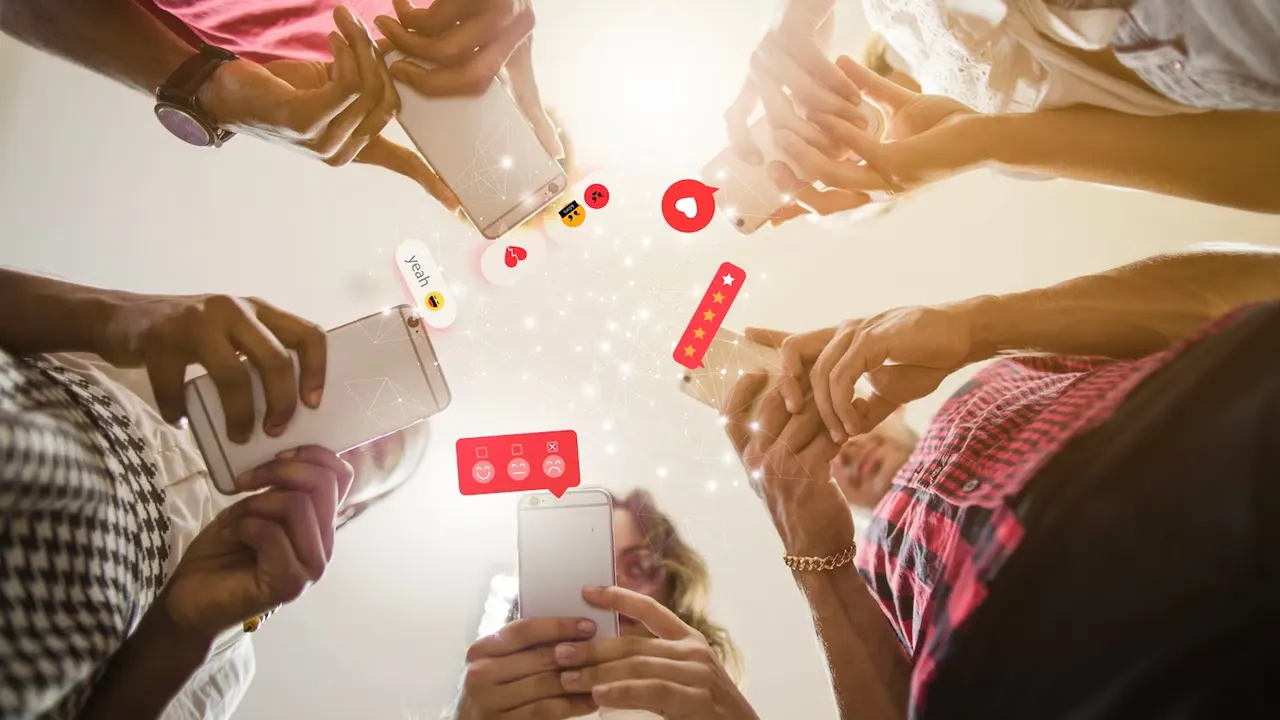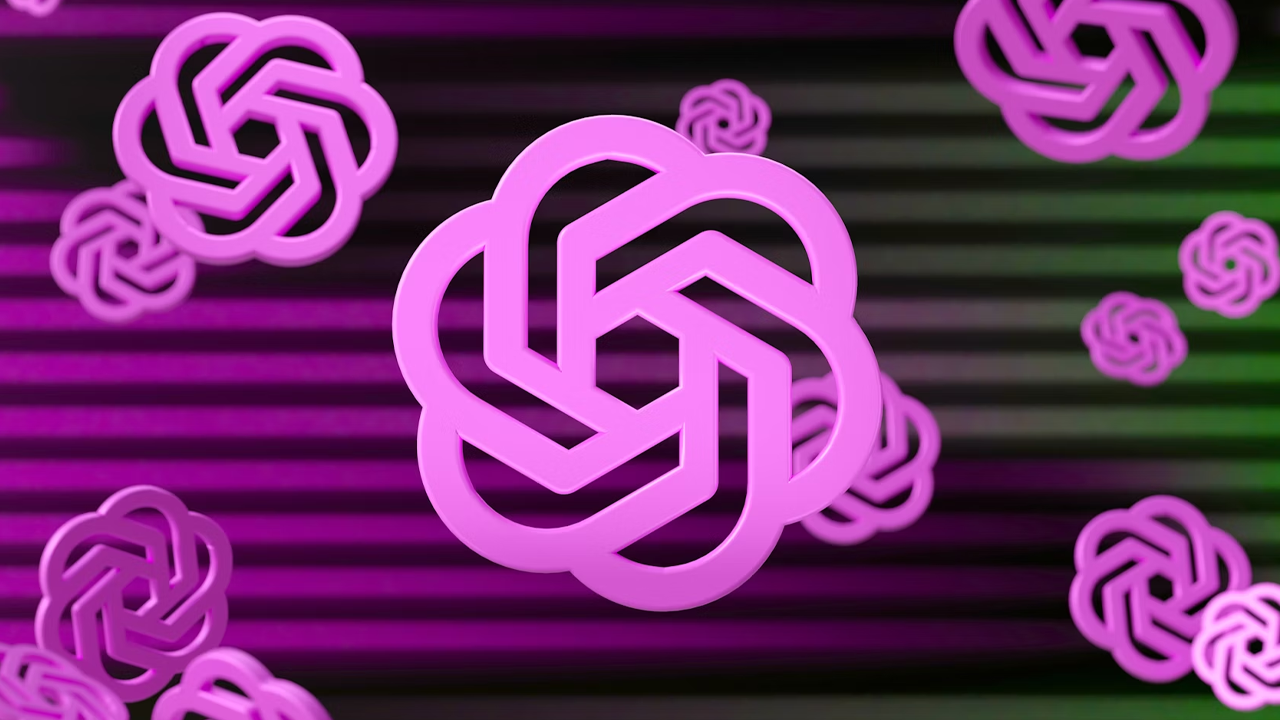Have you ever stopped to think about how social networks impact our daily lives? From connecting with distant friends to consuming news in real time, these platforms have become an integral part of our daily lives.
However, like any powerful tool, they have pros and cons that deserve our attention.
In this article, we'll explore in depth the different aspects of social networks, from their benefits to the possible associated risks, as well as providing practical tips for healthy and conscious use.
Exploring the Pros of Social Media

Social networks offer a variety of benefits that facilitate connection and communication, access to information, entertainment and even business opportunities. Let's take a closer look at each of these aspects:
1. Connection and Communication
Social networks have made the world a smaller place, allowing people to connect regardless of geographical distance. Facilitates contact with friends and family who are far away, providing a sense of closeness even when separated by great distances. In addition, these platforms make it possible to form new relationships, connecting people with common interests and expanding contact networks.
This instant connectivity not only strengthens personal ties, but also opens doors to professional and social opportunities. Through social networks, it is possible to find groups and communities focused on specific interests, allowing for enriching exchanges and meaningful collaborations.
For example, imagine you're a photography enthusiast interested in learning new techniques. A quick search on a social network specializing in photography can lead you to groups of amateur and professional photographers, where you can share knowledge, get feedback on your photos and even take part in local meetings and events.
These platforms also offer instant communicationThis allows messages, photos and videos to be exchanged quickly. This is especially useful in an increasingly fast-paced world where people want to be connected in real time, regardless of physical distance.
2. Access to a World of Knowledge
One of the greatest advantages of social networks is the quick and easy access to a vast amount of information. From real-time news to free online courses, these platforms serve as an inexhaustible source of knowledge.
- Access to news and events: Social networks provide a window on the world, offering up-to-date information on local, national and global events. Whether it's to follow the latest headlines or to get updates on specific issues, these platforms are a valuable source of information.
- Sharing knowledge: As well as consuming information, social networks also make it possible to share knowledge and experiences with other people. Online groups and communities are home to in-depth discussions on a variety of topics, from science and technology to art and culture.
- Platform for education: With the growth of distance learning, social networks have become a popular tool for offering free online courses and educational materials. Platforms such as YouTube and Facebook Groups are often used by educators to share content and interact with students.
- Promoting diversity: Social networks have the power to increase the visibility of different cultures, perspectives and points of view. This not only enriches our understanding of the world, but also promotes tolerance and understanding between people from different backgrounds.
3. Relaxing and Connecting with Entertainment

As well as facilitating communication and access to information, social networks also play an important role in entertainment and leisure. With a plethora of videos, memes and games available at any time, these platforms offer a fun and affordable way to relax and have fun.
- Fun pastimeFrom funny videos to viral challenges, social networks are a haven for those looking for a break from the demands of everyday life. Immersing yourself in entertaining content can help relieve stress and promote mental well-being.
- Online communityOne of the biggest advantages of social networks is the ability to find and connect with people who share the same interests. Groups and communities dedicated to specific hobbies offer a space to exchange ideas, share resources and make new friends.
- Creative expression: For many users, social networks are a platform to showcase their talents and creativity to the world. Whether through photos, videos or texts, these platforms offer an instant audience to express ideas and inspire others.
- Event promotionWhether it's a local concert or an art exhibition, social media is a powerful tool for promoting events and attracting audiences. With sharing and RSVP features, it's easy for organizers to reach a large number of people and ensure the success of their events.
Read also: The Future of Entertainment: Virtual and Augmented Reality in Cinema
In a nutshellSocial networks offer a variety of benefits ranging from connecting with distant friends to accessing information and entertainment. However, it is important to be aware of the possible risks associated with their use and to adopt healthy practices to minimize these negative impacts. By making conscious and responsible use of social networks, we can make the most of their benefits without compromising our health and well-being.
Risk Awareness
While social networks offer a number of advantages, there are also significant challenges and concerns that cannot be ignored. From privacy issues to mental health problems, it's important to be aware of the risks associated with using these platforms.
1. Privacy and Security Issues

One of the main problems with social networks is the risk of exposure of personal data. Sharing private information can open up security breaches and put users' privacy at risk. From contact details to financial information, data shared on social networks can be targeted by hackers and cybercriminals.
What's more, social networks can be the stage for different forms of cyberbullying and cyberstalking. The anonymity offered by these platforms can encourage aggressive and harmful behavior, leading to verbal attacks, threats and online harassment. These types of abuses can have serious consequences for victims' mental and emotional health.
To protect your online privacy and securityIt is essential to adopt proactive measures, such as regularly reviewing your privacy settings, using strong passwords and avoiding sharing personal information with strangers. It is also important to report any abusive or suspicious behavior to the relevant authorities.
2. Impacts on Mental Health and Well-being
The overuse of social media has been linked to various mental health and well-being difficulties. Continuous exposure to idealized content and the pressure to maintain a perfect image can lead to feelings of social comparison and inadequacy.
The phenomenon known as "FOMO" (Fear of Missing Out) can make users feel anxious and disconnected if they are not constantly updated on the lives of their friends and followers.
In addition, excessive use of social networks has been correlated with high rates of anxiety and depression. Constant exposure to negative news and the pressure to maintain a positive image can trigger feelings of hopelessness and helplessness. The vicious cycle of comparison and self-judgment can lead to a downward spiral in mental health.
Read also: Video editing with AI: a new way of producing visual content
Another important aspect to consider is the impact of social media on sleep quality. Exposure to the blue light emitted by device screens can interfere with sleep patterns, leading to sleep disorders and insomnia. Excessive use of social media before bed can impair sleep quality and contribute to long-term physical and mental health problems.
3. Sea of Disinformation and Fake News

One of the biggest challenges of social networks is the spread of disinformation and fake news. The virality of information on social networks can lead to the rapid spread of misleading and harmful information, affecting public opinion and democratic debate.
The ease with which content can be shared on social media means that false information can spread quickly, often before its veracity has been verified. This can lead to difficulty in verifying the veracity of informationThis is because not all users have the knowledge or resources to distinguish between real and fake news.
In addition, social networks have been criticized for creating filter bubbleswhere users are only exposed to information that confirms their own views and beliefs. This can lead to social polarization and reinforcing divisions and conflicts within society.
To combat disinformation on social mediaIt is important to adopt a critical approach when consuming content online and to check the veracity of information before sharing it. In addition, it is essential to support initiatives that promote media literacy and critical thinking among social media users.
Conclusion

In an increasingly connected world, social networks play an indispensable role in the way we communicate, inform ourselves and relate to the world around us. However, it is important to recognize that these platforms are not without their risks and challenges.
When using social media, it is essential to adopt a conscious and responsible approach, prioritizing the protection of privacy, care for mental health and the promotion of truthful information. Setting healthy boundaries for social media use, cultivating offline relationships and practicing critical thinking are key steps to making the most of the benefits of these platforms while protecting yourself from their potential risks.
Ultimately, social networks are powerful tools that have the potential to enrich our lives and strengthen our communities, as long as they are used consciously and responsibly. By adopting a balanced and informed approach to social media use, we can reap the benefits of these platforms without falling prey to their risks.






